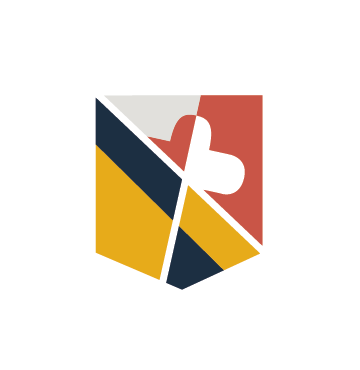Inaugural Cohort of Faculty from Five USM Institutions Named SOTL Fellows
The William E. Kirwan Center for Academic Innovation at the University System of Maryland (USM) welcomes Dr. Kelly Elkins of Towson University as a Senior Fellow, to lead system support of the scholarship of teaching and learning (SoTL). This will include working with an inaugural cohort of faculty selected as 2023-24 Elkins SoTL Fellows from across five USM institutions.







